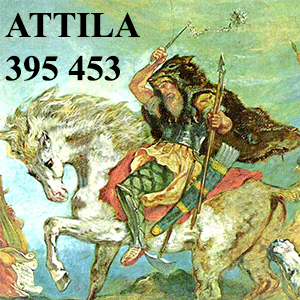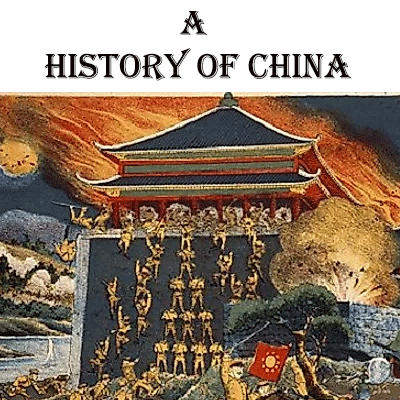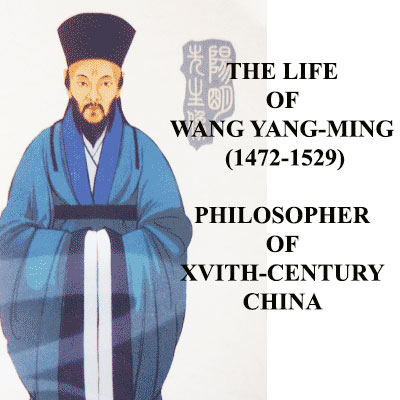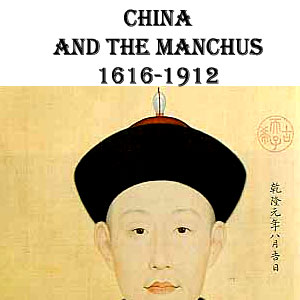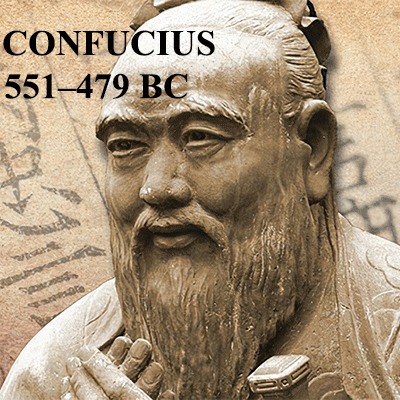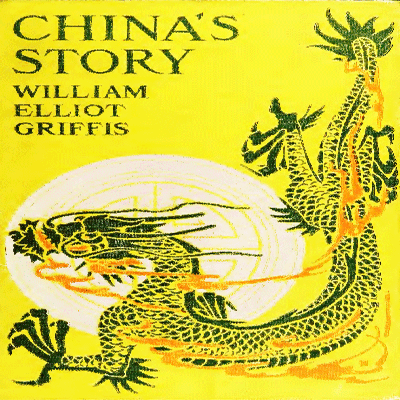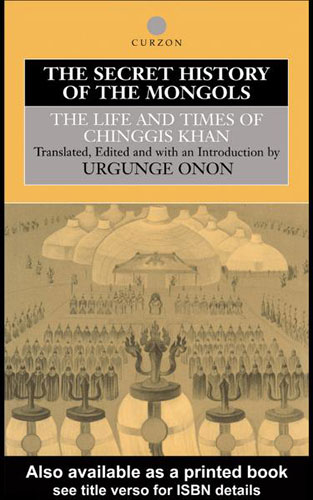| |
NICE READING HISTORY OF CHINA
|
|
Chronology and Early History - Foreign Intercourse with China - Origin of the First War with England - The Opium War - The Tai-ping Rebellion - The Second Anglo-Chinese War - The Administration of the Empresses -bNarkative of Recent Events |
The Mythical Period. The Legendary Period.
The Hia Dynasty. The flood. The Shang Dynasty. Battle of Muh. The Chow Dynasty. Confucius . The Ts'in Dynasty. The Han Dynasty. Rebellion of Liu Hoan and Liu Sui. The Later Han Dynasty. Introduction of Buddhism. Battle of Ch'ang-pan bridge. Battle of Red Ridge. The Three Kingdoms. War with Burmah. The Western Tsin Dynasty. The Eastern Tsin Dynasty. Battle of Fei-shui. Rebellion of Ho Lien. The Sung Dynasty. Invasion of Cochin China. The Ts'i Dynasty. The Liang Dynasty. The Ch'en Dynasty. The Sui Dynasty. Invasion of Corea. Rising of Turcomans. The T'ang Dynasty. The Era of the Five Dynasties. The After Liang. The After Tsin. The After Han Dynasty. The Sung Dynasty. Capture of Nanking. Rebellion in Cochin China. Destruction of Liau dynasty. The Southern Sung Dynasty. Battle of the Yang-tze. Kins defeated by Mongols. Genghis Khan. Genghis' invasion of China. Alliance of Sungs and Mongols. Capture of K'ai-fung-fu by the latter. Fall of the Kins. Conflict of Chinese with the Mongols. Battle of Yai-shan. Suicide of Queen-Dowager and death of Ti Ping. The Yuan Dynasty. Death of Kublai Khan. Battle on Poyang Lake. Capture of Peking and overthrow of dynasty. The Ming Dynasty. Burmese invasion of China. Removal of capital to Peking. War with Japan. Manchus conquer Corea. Capture of Peking by rebels and suicide of Emperor. Battle of Shan-hai-kwan. The Ts'ing Dynasty. Treaty with Russia. Lord Macartney's mission. Troubles in Turkestan. Rising of the Miautze. Taiping rebellion. Capture of Canton. Treaty of Tientsin. English at Taku. Fall of Peking. Tientsin massacre. Suppression of Mohammedan revolt. War with France. War between China and Japan. Treaty and cession of Formosa. The Boxer rising. Russia in Manchuria. Russia-Japan war. |
THE MING DYNASTY - A CHINESE HAROUN AL RASCHID - LI TZU-CH'ENG's REBELLION AND THE FALL OF PEKING - WU SAN-KUEI - THE MINGS AT NANKING - THE SACK OF TANG CHOU-FU- THE LAST OF THE MINGS - THE MANCHU DYNASTY . THE EMPEROR SHUN CHIH - THE TRIBULATIONS OF YUNG CHENG - HIS MAJESTY CHIEN LUNG - THE DOWNFALL OF HO SHEN - CHIA CHING - TAO KUANG. THE IMPACT OF THE WEST - HSIEN FENG AND T'UNG CHIH - THE SORROWS OF HIS MAJESTY KUANG HSU - MEMOIRS OF THE BOXER YEAR (1900) - THE COURT UNDER THE LAST REGENCY
. |
MYTHOLOGICAL CHINA: P’an-ku, etc. — Fu-hi (2852-2738 b.c.). — Shon-nung (2737-2705 b.c.).—. Huang-ti (2704-2595 b.c.). —Shau-hau (2594-2511 b.c.). — Chuan-hu (2510-2433 b.c.). — Ti-k’u (2432-2363 b.c.).— 10. Ti-chi (2362-2358 b.c.). —THE CONFUCIAND LEGENDS: Yau (2357-2258 B.c.). — Shun (2258-2206 b.c.). —The Hia dynasty (2205-1766 b.c.). — Yu, or Ta-yti (2205-2198 b.c.). — Yu’s successors (2197-1766 B.C.) THE SHANG OR YIN DYNASTY (1766-1122 b.c.) Ch’ong-t’ang (1766-1754 b.c.). — Chou-sin. —Won-wang, Duke of Chou. — Wu-wang and the fall of the Shang dynasty. — THE CHOU DYNASTY (1122-249 b.c.) THE PERIOD OF IMPERIAL AUTHORITY — Wu-wang as King of Chou (1122-1116 b.c.)— Ch’ong-wang (1115-1079 b.c.). —The “Chouli.”— Origin of the mariner’s compass in China. — K’ang-wang (1078-1053 B.C.)— GRADUAL DECLINE OF CENTRAL POWER. Chau-wang (1052-1002 b.c.). — Mu-wang (1001-947 B.C.). — Kung-wang (946-935 b.c.). — I wang (934-910 b.c.). — Hiau-wang (909-895 b.c.). — . I-wang (894-879 b.c.). —Li-wang (878-842 B.C.). — Kung-ho period (841-828 b.c.)— Siian-wang (827-782 b.c.). — Yu-wang (781-771 B.C.). — P’ing-wang (770-720 b.c.). — Geography of the Ch’un-ts’iu period (722-481 b.c.)—40. Huan-wang (719-697 b.c.—THE CENTURY OF THE FIVE LEADERS (685-591 b.c.)—Chuang-wang (696-682 b.c.). — Hi-wang (681-677 B.C.). —Hui-wang (676-652 b.c.). — Siang-wang (651-619 b. K’ing-wang (618-613 b.c.). — K’uang-wang (612-607 b.c.). — Tiug-wang (606-586 B.C.) THE AGE OF LAU TZI AND CONFUCIUS —Kien-wang (585-572 b.c.). — Ling-wang (571-545 B.C.). — King-wang, the elder (544-520 b.c.).— King-wang, the younger (519-476 b.c.). THE CONTENDING STATES —Ytian-wang (475-469 b.c.). — Chon-ting-wang (468-441 B.C.). — K’au-wang (440-426 b.c.).— Wei-lié-wang (425-402 b.c.). — An-wang (401-376 B.C.). — Lie-wang (375-369 b.c.). — Hién-wang (368-321 b.c.). —The philosophers Yang Chu and Mo Ti. — Mencius. — Chuang-tzi.— Minor Philosophers. — Su Ts’in and Chang I. — Shon-tsing-wang (320-315 b.c.). —Nan-wang (314-256 b.c.). — The “Four Nobles.” —67. The leadership of Ts’in (256-221 b.c.).
|
CHU HSI AND HIS MASTERS. AN INTRODUCTION TO CHU HSI AND THE SUNG SCHOOL OF CHINESE PHILOSOPHY
I. The Pive Philosophers. The Rise of the Sung School—Political Events of the Sung Period—The literature of the Sung School. II. Chou Tun I and Shao Yung III. The Brothers Cheng and Chang Tsai IV. Chu Hsi Childhood and Education—Office at T'ung An—Study under Li Yen Ping—Literary Pursuits—Nan K‘ang and Shao Hsing —Court Enemies — Closing Years — Chu Hsi’s Theory of the Universe V. Law and Matter VI. The First Cause and the Evolution of the Cosmos. The Diagram and Chon Tzu’s Classic—Chu Hsi’s Doctrine of the Supreme Ultimate—The Two Modes—The Five Agents—The Dual Powers Chien and K‘un—The Cosmic Cycle.VII. The Moral Order. Chu Hsi’s Doctrine of Human Nature VIII. The Essential Nature IX. The Physical Nature. Man and the Brute—Destiny—The Problem of Evil—Conversion. X, Mind —Body, Soul, and Spirit—Buddhism and the External World-MindCulture. XI. Virtue and the Virtues PART IV The Theistic Import of Chu Hsi’s Philosophy XII. Heaven The Divine Immanence—The Empyrean — The Supreme Ruler—Personality and Anthropomorphism, XIII. The Mind of the Universe Mind and Personality—Love, the Vital Impulse.
|
|
|
|
|
|
|
|
|
General Histories - The Precursors of Contemporary Thought - The Specialists in Traditional Chinese Philosophy - Buddhist Philosophy - The Philosophy of Tridetnism and Vitalism - Utilitarianism, Pragmatism, Anglo-American Neo-Realism - Dialectical and Historical Materialism - Mechanistic Materialism -The Voluntarism of Schopenhauer and Nietzsche - Philosophical Anarchism - German Rationalism: Kant and Hegel Various Idealisms: Anglo-American, French - etc. - The Specialists in Logic and Methodology - The Principal Specialists in Ethics and Philosophy of Life - The Specialists in Psychology and Education - The Studies on Aesthetic |
|


